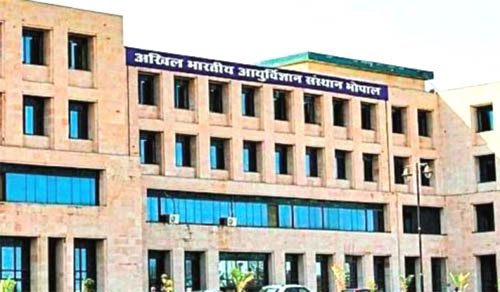New Delhi, Jan 2 (UNI) External Affairs Minister S Jaishankar on Thursday held talks with Ólafur Ragnar Grímsson, the former president of Iceland and the current head of the Arctic Circle during which they discussed prospects for deeper cooperation in the organisation.
In a post on X, the EAM said:
“Pleased to meet former President of Iceland and Chairman of @_Arctic_Circle @ORGrimsson.
“Discussed the activities of the Arctic Circle and the potential for deeper cooperation.”
The Arctic Circle includes representatives from eight countries that lie wholly or partly within the Arctic Circle: Norway, Sweden, Finland, Russia, the United States (Alaska), Canada (Yukon, Northwest Territories, and Nunavut), Denmark (Greenland), and Iceland.
These nations collaborate to address various challenges in the Arctic region, such as oil and gas exploration, environmental concerns, national security, and the effects on indigenous populations.
It was founded in 2013 by former President of Iceland Ólafur Ragnar Grímsson, former Alaska Dispatch Publisher Alice Rogoff, and former Premier of Greenland Kuupik Kleist.
In recent years, China has increased its presence in the Arctic, matching up with its efforts to expand its presence in the contested South China Sea and Straits of Taiwan.
According to reports, China is looking to exploit the land laws to try and exert influence, including by building artificial islands to expand its reach. In the Arctic, there are no land rights, which makes it easier to establish a claim so they control the sea routes and potential trade.
Russia has tried to use the Lomonosov Ridge — the very edge of its continental shelf — to establish a claim over the Arctic, since international claims can vary. The BBC in 2020 reported that Russia, Denmark (via Greenland) and Canada have all tried to lay claim to the ridge and, by extension, part of the Arctic itself.
The country that manages to establish its claim also gets the rights to a roughly 200-mile exclusive economic zone, under international law as laid out by the U.N. Convention on the Law of the Sea, that gives the country rights to fishing, infrastructure building and extracting natural resources, among other rights, according to reports.











